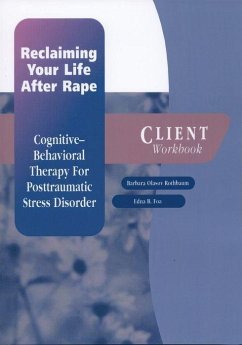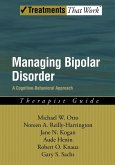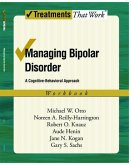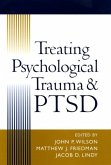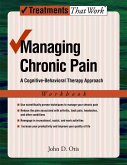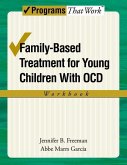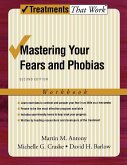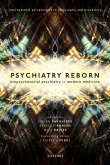Throughout the book, the authors focus mainly on women who have been sexually assaulted and as a result developed chronic symptoms of PTSD, which have disturbed their daily functioning and cause them emotional distress. Most of the examples they use to demonstrate the cognitive-behavioral techniques are drawn from their experience in treating rape survivors. However, the cognitive-behavioral procedures outlined here have been as successful in helping women who have been sexually abused in childhood and adult female survivors of nonsexual assaults, like aggravated assault and robbery. Other survivors of traumas such as natural disasters and car accidents were also helped by this cognitive-behavioral approach.
This powerful client workbook is written in an encouraging and easy-to-understand style specifically for women who have been sexually assaulted and have developed chronic symptoms of posttraumatic stress disorder (PTSD). Clients learn how cognitive behavioral therapy has helped other victims and how it can work for them. This book explains how to distinguish PSTD symptoms from other disorders and teaches powerful techniques for overcoming these symptoms. The workbook is divided into five sections reflecting aspects of cognitive-behavioral treatment: What happens immediately following an assault; cognitive-behavioral treatment strategies (including possible medication therapies); exposure techniques for reducing PTSD; stress management techniques; and potential future problems. The techniques outlined in this program have also been successful in helping women who have been sexually abused in childhood and helping adult female survivors of nonsexual assault, such as aggravated assault and robbery.
This powerful client workbook is written in an encouraging and easy-to-understand style specifically for women who have been sexually assaulted and have developed chronic symptoms of posttraumatic stress disorder (PTSD). Clients learn how cognitive behavioral therapy has helped other victims and how it can work for them. This book explains how to distinguish PSTD symptoms from other disorders and teaches powerful techniques for overcoming these symptoms. The workbook is divided into five sections reflecting aspects of cognitive-behavioral treatment: What happens immediately following an assault; cognitive-behavioral treatment strategies (including possible medication therapies); exposure techniques for reducing PTSD; stress management techniques; and potential future problems. The techniques outlined in this program have also been successful in helping women who have been sexually abused in childhood and helping adult female survivors of nonsexual assault, such as aggravated assault and robbery.

